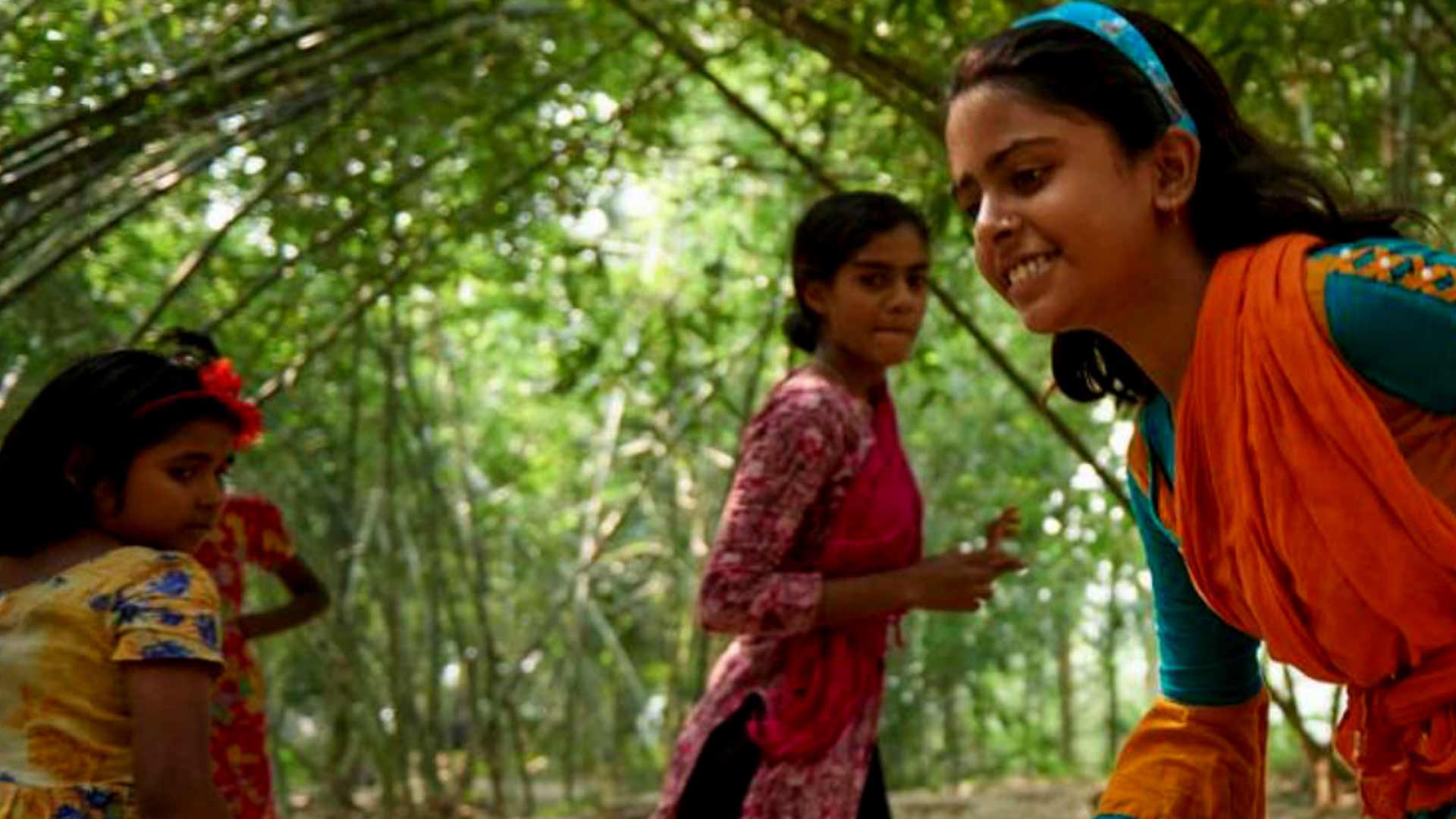Located in the heart of South Asia, Bangladesh is renowned for its lush scenery, captivating culture, and populace overcoming various challenges.
Girls in rural communities face unique obstacles that require resilience, mainly due to limited access to resources.
The young women living in rural areas of Bangladesh demonstrate remarkable endurance, unwavering determination, and an indomitable spirit that drives them forward in the face of adversity.
This essay aims to explore the resilience of these young girls, emphasising their ability to overcome challenges and maintain an optimistic perspective on the future.
Educational Challenges:
Various initiatives are actively addressing the challenges faced by girls in rural areas of Bangladesh, such as limited access to schooling.
Despite traditional gender norms and obstacles like financial constraints and limited transportation, many determined young girls are continuing their pursuit of education, recognising its profound impact.
Efforts by grassroots organisations and non-governmental organisations (NGOs), such as providing scholarships, building schools, and advocating for equal educational opportunities, are helping to tackle the disparity in access to education.
These resilient young women are overcoming obstacles in their quest for knowledge, ultimately empowering themselves and their communities.
Empowerment through Skills:
In rural areas of Bangladesh, girls often lack access to skill enhancement and vocational training, in addition to facing educational challenges.
However, organizations committed to empowering girls by equipping them with practical skills are in greater demand.
Specifically, educational programmes for girls aim to equip them with essential skills such as sewing, weaving, and agriculture, enabling them to contribute to their families’ financial well-being and break the cycle of poverty.
These skill-building activities not only improve the girls’ economic prospects but also foster self-assurance and independence.
By gaining tangible skills, individuals become catalysts for their own personal growth and the advancement of their communities.
Healthcare Challenges:
In rural Bangladesh, accessing medical care is difficult, particularly due to cultural taboos surrounding reproductive health and the resulting difficulties for females in obtaining essential healthcare treatments.
However, young girls display admirable resilience by actively disseminating health information within their community. Community health initiatives and awareness campaigns have proven effective in addressing these challenges by fostering a supportive environment for girls to openly discuss their health concerns.
These dedicated young women are committed to overcoming obstacles, addressing social prejudices, and prioritising their well-being to promote healthier communities.
Social and Cultural Barriers:
The entrenched social and cultural norms in Bangladeshi society have a significant impact on the freedom and options available to girls, often limiting them.
Individuals encounter considerable challenges, such as societal expectations around gender roles, marrying at a young age, and restricted movement.
However, it is apparent that girls residing in rural regions of Bangladesh demonstrate remarkable resilience as they actively defy these societal norms, advocate for their rights, and actively contribute to society’s progress.
Conclusion:
In rural areas of Bangladesh, young girls have exhibited extraordinary resilience and perseverance, serving as a testament to their innate fortitude, courage, and resolve in the face of daunting challenges.
Despite encountering significant obstacles in accessing quality education, healthcare facilities, and opportunities for skill development, and confronting deeply ingrained cultural norms, these determined young women are steadily advancing towards a more optimistic future.
Their individual narratives of conquering hardships serve as a source of inspiration and instill a profound sense of hope, shedding light on the transformative impact of empowering girls, not only for their personal well-being but also for fostering progress within their entire communities.
As these remarkable efforts gain increased recognition and support on a global scale, there is growing optimism about the potential for positive and meaningful changes in rural Bangladesh.

